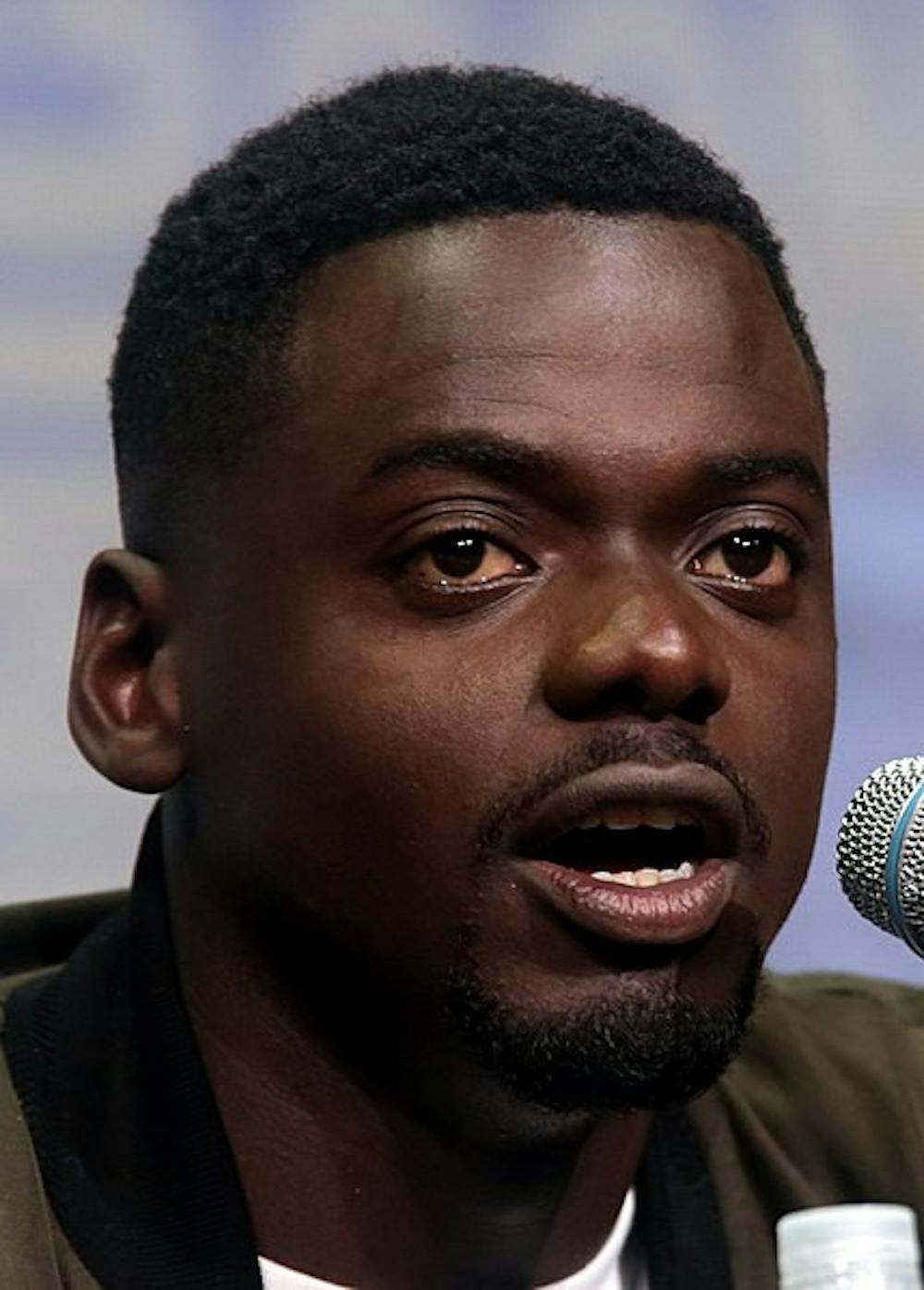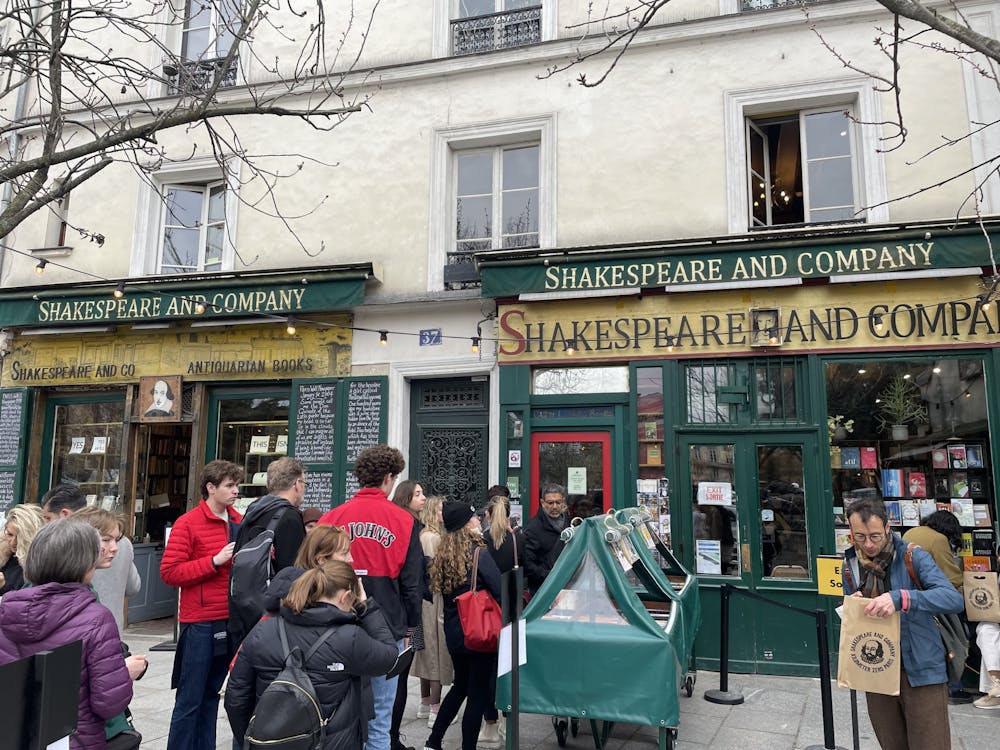It is a fairly well-known fact that mainstream perceptions of historical Black leaders in America are understood through a largely cordoned-off, de-radicalized tone. The story goes that Martin Luther King Jr. and other Southern Christian leaders organized peacefully to end segregation, and that the U.S. government listened and responded in kind.
Of course, the reality was far more complex. King himself was a democratic socialist and vociferously anti-war, so much so that he was extremely unpopular among white Americans at the time. The movement was composed of personalities and groups ranging from remarkably varied ethnic and ideological backgrounds. Chief among those groups, especially in the wake of the assassinations of King and Malcolm X, was the Huey Newton-led Black Panther Party.
Judas and the Black Messiah represents perhaps one of the biggest Hollywood movies attempting to set the record straight of this glossed over history. It shows in stunning detail how Fred Hampton (Daniel Kaluuya), the chairman of the Illinois Black Panthers, led a profoundly radical, multiracial, internationalist program in Chicago, all to be assassinated by the FBI and the Chicago police. Rather than a biopic, the movie centers in on the man who infiltrated the Black Panthers from the FBI and was essential in Hampton’s murder — William O’Neal (LaKeith Stanfield).
It’s clear from the outset that director Shaka King is attempting to present a more realistic vision of Hampton and the Black Panthers. Rather than fixating on their advocacy for gun rights and the Black nationalism that was often the primary understanding of the Panthers, King hones in on how much of what they did was community building. We see Hampton constantly in the act of organizing: food for kids, free education, setting up health clinics and more.
Hampton himself is portrayed both as the powerful revolutionary ideologue with a tremendous capacity for rhetoric and also as a sensitive, almost shy personality in private. This is particularly apparent in the scenes with his partner, Deborah Johnson (Dominique Fishback), where they struggle with the difficulties of her being pregnant “in a warzone,” where Hampton is constantly under threat for his life and yet remains committed to his program.
Moments like these remind the viewer that Hampton and his partner were only 20 at the time, and they serve to heighten the fact that rather than being treated like the young, idealistic activists they were, the government came down on them as if they were the greatest existential threat to the United States.
Even though the film at times loses itself in the nitty-gritty of the plot to kill Hampton and the various sabotage and government efforts that occurred in it, the strength of the movie is when it highlights Hampton himself. His words evoke the weight of history and bear a striking relevance to current discussions about police reform:
“War is politics with bloodshed, and politics is war without bloodshed... It mean every time the pigs shoot down an unarmed brother or sister in the street, Mayor Daley pulled the trigger. It mean Tricky Dicky Nixon is the fattest, most filthy pig in the pen.”
Harsh words, but they are used for a harsh time in history, when the government often felt near collapse. Many have compared how today’s America is akin to that of 1968, so much so that Hampton’s words could be spoken almost verbatim today and make sense, like:
“It’s not a question of violence or non-violence. It’s a question of resistance to fascism or non-existence within fascism.”
Kaluuya does a fantastic job of becoming Hampton. He carries the energy, vociferousness and power of his voice and personality. I was left wanting more of Hampton. While I could appreciate the narrative device of the assassination plot and the infiltration of his movement (and the historical accuracy therein), I don’t think the movie did justice to Hampton himself. His building of the Rainbow Coalition — a group of multiracial, multi-ethnic political associations and gangs across Chicago — into a single group was reduced to effectively a montage.
There is a point to be made that the fast-paced, constantly moving storylines of the movie left less space for either Hampton or O’Neal’s characters to be properly fleshed out. Even the city of Chicago itself felt often like a background to the story; we never really understand how the nuances of segregation, police brutality and economic injustice are beating down on the Black Panthers or how they’re responding to it.
Ultimately, the biggest critique of the story is the contradiction of telling the story of an avowedly anti-imperialist, anti-capitalist man like Hampton through the lens of Hollywood, one of the enduring symbols of American capitalism and imperialism. Thus, the movie will undoubtedly provoke you to consider these questions; it can be a powerfully destabilizing watch.





